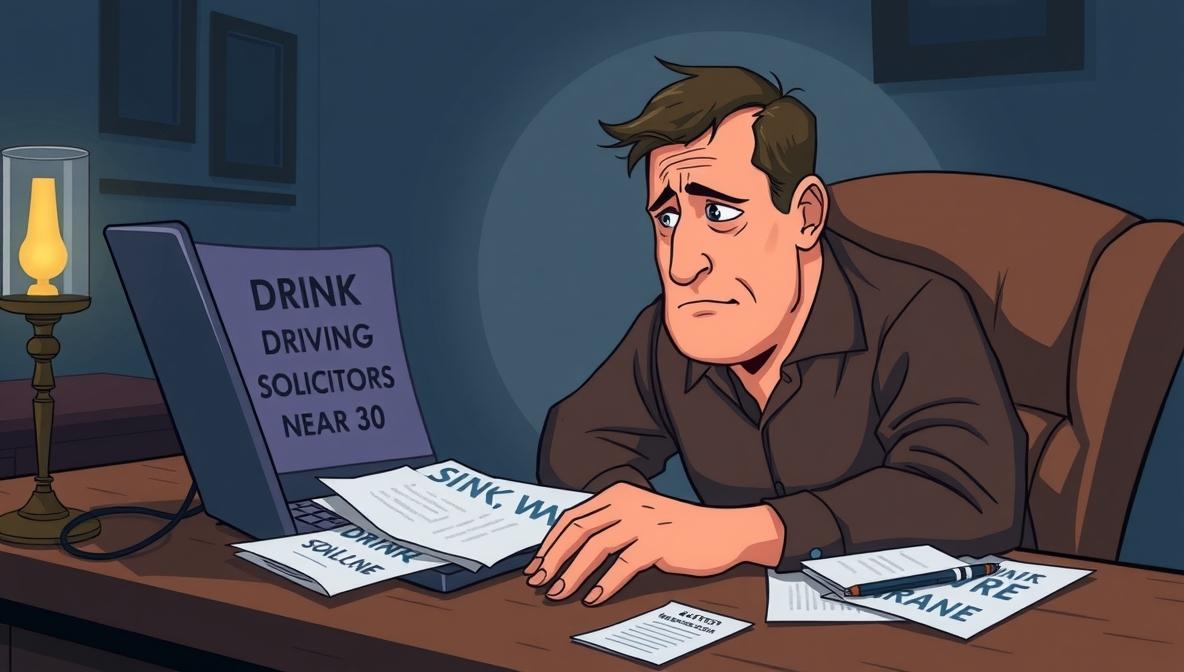Electrical work is an essential part of home maintenance, whether it’s installing a new fixture, upgrading a panel, or troubleshooting an outlet. While the allure of DIY projects can be strong, electrical work carries inherent risks that can impact both safety and compliance with local codes. Homeowners often find themselves debating whether to take on electrical projects themselves or call a professional. This article explores when it’s best to tackle electrical work as a DIY project and when it’s time to bring in a licensed residential electrician.
Understanding DIY Electrical Work
DIY electrical work can be appealing for homeowners looking to save money, gain hands-on experience, or quickly address minor issues. Simple tasks such as replacing light switches, installing ceiling fans, or fixing a loose outlet are typically manageable for those with basic electrical knowledge.
Pros of DIY Electrical Work:
- Cost Savings: Hiring a professional can be expensive, with electricians charging between $50 to $100 per hour. For minor tasks, a homeowner can save significantly by doing it themselves.
- Flexibility: Handling small electrical projects allows homeowners to work on their own schedule without waiting for an electrician’s availability.
- Skill Development: Learning basic electrical repairs enhances home maintenance skills, making future troubleshooting easier.
Cons of DIY Electrical Work:
- Safety Risks: Electrical work involves exposure to high voltage, which can result in serious injury or even death if done incorrectly.
- Code Compliance Issues: Local building codes regulate electrical work to ensure safety. DIY projects that don’t meet these standards can lead to fines, failed inspections, or even insurance issues.
- Potential for Costly Mistakes: Errors in wiring or installation can lead to electrical fires, requiring expensive repairs or complete rewiring of the system.
When It’s Safe to DIY
There are a few electrical tasks that can be performed safely by homeowners with a basic understanding of circuits and electrical components. These include:
- Replacing a light switch or outlet: As long as the power is turned off, swapping out an old switch or outlet for a new one is generally safe.
- Installing a light fixture: If existing wiring is in place, homeowners can replace or install a new light fixture without too much risk.
- Resetting a tripped breaker: Homeowners can safely troubleshoot and reset a breaker without needing professional help.
When to Call a Professional Electrician
While some tasks are safe for DIYers, others require a licensed electrician due to complexity, safety hazards, and legal considerations. Here are some instances where hiring a professional is essential:
1. Electrical Panel Upgrades
Upgrading an electrical panel is a complex job that involves working with high-voltage wiring. An improperly installed panel can cause serious hazards, including power surges and electrical fires. Professional electricians ensure that panel upgrades meet local building codes and safety standards.
2. Rewiring a Home
Older homes often require complete rewiring to replace outdated or unsafe wiring systems. Rewiring involves working behind walls, ensuring proper connections, and adhering to electrical codes, which is best handled by a licensed electrician.
3. Installing Dedicated Circuits
Dedicated circuits are essential for large appliances such as HVAC systems, refrigerators, and washing machines. Improper installation can overload circuits, leading to electrical failures or fire hazards.
4. Handling Exposed or Damaged Wiring
Exposed or frayed wiring is a major safety concern. A licensed electrician can safely diagnose and repair damaged wiring to prevent electrical shocks or fires.
5. Installing Outdoor Electrical Systems
Outdoor electrical work, such as installing security lighting, hot tubs, or landscape lighting, often requires weatherproofing and GFCI (Ground Fault Circuit Interrupter) protection. Electricians ensure outdoor installations are safe from weather-related damage.
6. Permitted Electrical Work
Many municipalities require permits for major electrical work. Licensed electricians understand local regulations and can obtain the necessary permits to ensure projects comply with legal requirements.
The Dangers of DIY Electrical Work
Attempting complex electrical projects without proper knowledge can have severe consequences. According to the Electrical Safety Foundation International (ESFI), home electrical fires account for approximately 51,000 fires annually, resulting in nearly 500 deaths and 1,400 injuries (ESFI). Faulty wiring and improper installations are leading causes of these fires.
Additionally, electrocution is a real danger. The National Institute for Occupational Safety and Health (NIOSH) reports that electrical hazards cause an average of 400 electrocutions per year in the United States (NIOSH). These statistics highlight the risks associated with DIY electrical work and the importance of hiring a professional when necessary.
Cost Comparison: DIY vs. Hiring a Professional
While DIY electrical work can save money upfront, mistakes can be costly. Here’s a cost breakdown for some common projects:
| Electrical Work | DIY Cost | Professional Cost |
| Light Switch Replacement | $10-$30 | $75-$150 |
| Ceiling Fan Installation | $50-$200 | $150-$350 |
| Electrical Panel Upgrade | Not Recommended | $1,500-$4,000 |
| Whole-House Rewiring | Not Recommended | $3,500-$10,000 |
While small projects might be affordable to DIY, major electrical work often requires specialized tools, knowledge, and permits that make hiring a professional the better choice in the long run.
Conclusion
Deciding whether to DIY or hire a professional for electrical work depends on the complexity of the task, safety concerns, and legal requirements. While simple projects like replacing light switches or installing fixtures can be managed by knowledgeable homeowners, more complex work—such as panel upgrades, rewiring, and circuit installations—should always be handled by a licensed electrician.
Safety should always be the top priority when working with electricity. With thousands of fires and electrocutions occurring annually due to faulty electrical work, calling a professional is often the wisest choice. When in doubt, hiring an electrician ensures the job is done safely, correctly, and up to code, ultimately protecting both the home and its occupants.

